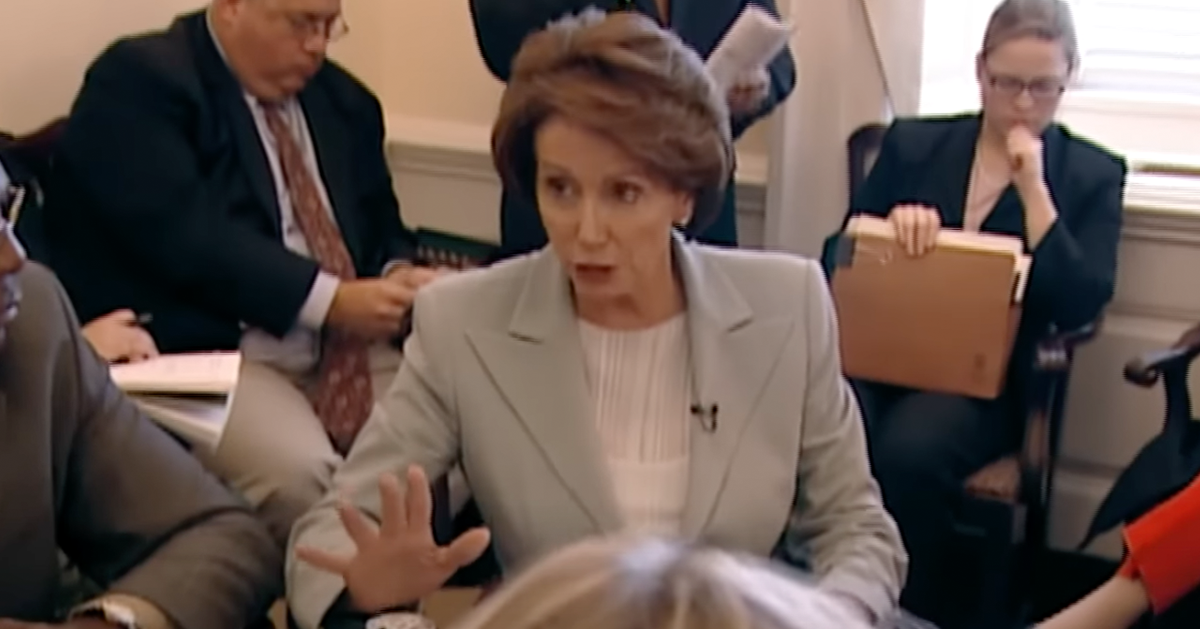Federal Sexual Harassment Case Against Cuomo Dropped by Accuser
Charlotte Bennett, who accused former New York Gov. Andrew Cuomo of sexual harassment, has decided to terminate her federal legal action against him.
Bennett's withdrawal from the lawsuit has generated conflicting interpretations from both parties involved, highlighting the tensions over her accusations, as the Daily Wire reports.
Bennett came forward with allegations against Cuomo in February 2021, making her the second woman to publicly accuse him of sexual misconduct. She served as an executive assistant and health policy adviser during Cuomo's tenure, which concluded with his resignation in November 2020.
Bennett Describes Harassment by Cuomo
As per Bennett's account to the New York Times, the harassment by Cuomo started in the spring of 2020. She accused him of making inappropriate inquiries regarding her personal life and relationships. Bennett reportedly stated that Cuomo questioned her about her beliefs on age differences in relationships and whether she had experience with older men.
Initially, Bennett viewed Cuomo as a paternal figure. However, her perception shifted following a particular incident on May 15, 2020. On that day, she felt that Cuomo's inquiries had become excessively personal, leading her to rethink her working relationship with him.
Lindsey Boylan, another former aide, was the first to accuse Cuomo, publicizing her own claims online before detailing them in-depth via Medium. This opened a floodgate of allegations against the influential politician, eventually leading to investigations.
Legal Reactions Follow Withdrawal
Cuomo's attorneys, Rita Glavin and Theresa Trzaskoma, reacted to Bennett's lawsuit dismissal by asserting that it signified the baselessness of her claims. They argued that her decision was an attempt to avoid providing testimony that would expose weaknesses in her accusations against Cuomo.
They further stipulated that if New York State opts to settle despite Bennett's withdrawal, it should mandate public access to all evidence. The goal, according to them, is transparency, allowing the public to see that Cuomo allegedly never engaged in harassment.
Meanwhile, Bennett’s lawyer, Debra Katz, blamed Cuomo for exploiting the legal system to retaliate against women who dared to confront him. Katz expressed hopes that dismissing the federal case could restore Bennett's sense of justice for the damages suffered.
Mention of Independent Investigations
Besides Bennett and Boylan's allegations, the Westchester County District Attorney’s office conducted probes into two other sexual misconduct claims against Cuomo. Although these investigations uncovered what was termed "credible evidence," the findings did not result in charges.
Cuomo’s resignation did not absolve him of public or legal scrutiny. While he left office amid growing accusations, the ongoing litigation served as a reminder of the unresolved issues surrounding his conduct.
The decision to drop the lawsuit does not conclude the broader dialogue concerning workplace behavior and accountability, especially when it involves high-ranking officials.
Implications of Case Dismissal
Bennett's case adds complexity to how sexual harassment allegations are perceived in the legal arena. Her decision to step back from federal court reflects the intricate dynamics between accusers and the accused, especially in the public eye.
This case exemplifies the prolonged nature of legal battles in high-profile incidents, where both reputations and truths are intensely contested. Cuomo’s legal representatives underscore this debate, claiming exoneration due to the lawsuit’s dismissal.
Conversely, Bennett’s legal team views the decision as a strategic move to refocus on personal recovery and potential reparations outside the federal court system. The contrast in these interpretations reveals the multifaceted nature of such legal proceedings.
Continued Discussion on Public Impact
The public examination of Cuomo’s alleged misconduct is indicative of a broader societal reckoning with issues of power and harassment. As high-profile cases unfold, they pull societal values and institutional practices into sharper focus.
Whether justice is served within the legal system or through other means, the case reinforces the ongoing need for scrutiny and reform in handling misconduct claims. It also highlights the obstacles accusers face when navigating such public and contentious battles.
The narratives emerging from Bennett's decision remind us of the lasting implications these cases have both for individuals and broader cultural conversations about power dynamics and accountability.





